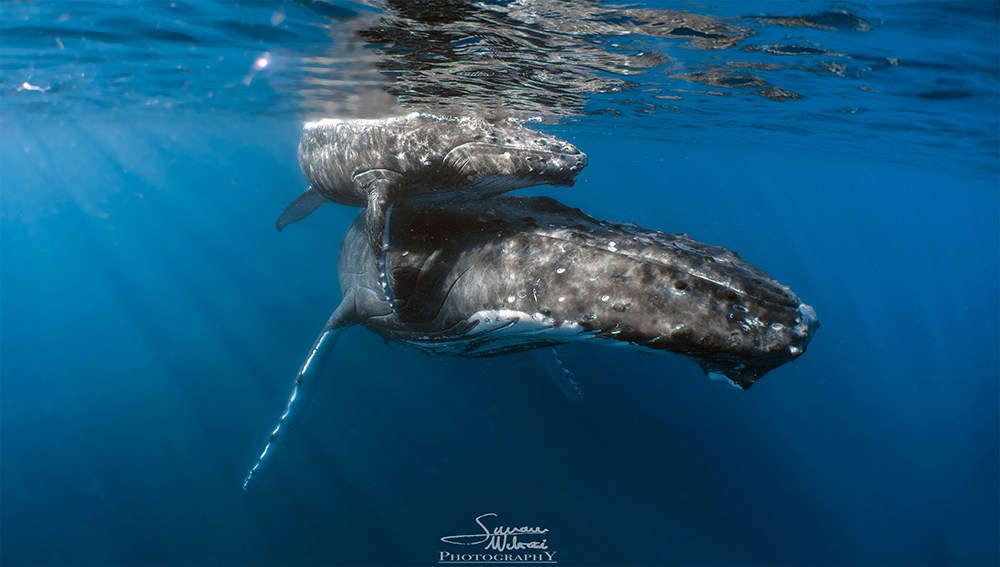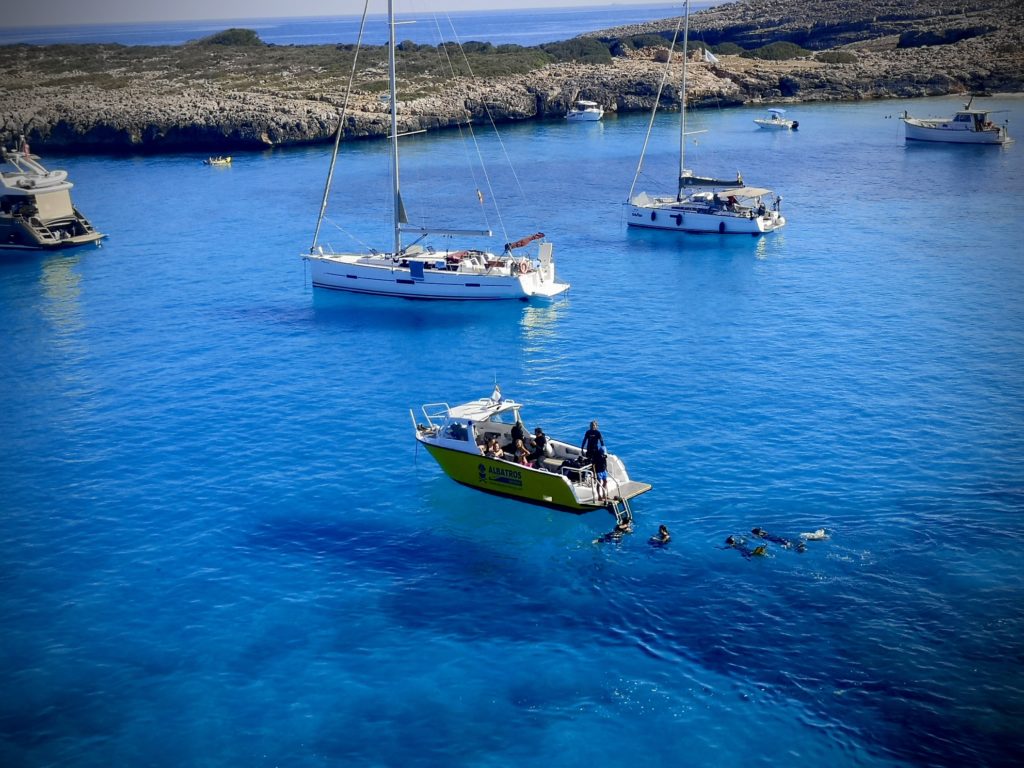Oceans are essential for our existence, but they are under threat.
Join us in a quick peek at what these are and what we can do.
Oceans regulate our climate, provide oxygen, food, trap excess carbon from our atmosphere, among others. They also play a key role in our economies, leisure time, and mental health. So, it is pretty safe to say that for a healthy planet we need healthy oceans, right? Yet, they are under threat. The list of threats to our oceans is extensive, to say the least, in this post we will briefly point out a few of these.
Marine Pollution:
About an 80% of the pollution running into our seas comes form land-based activities, i.e. excess of nutrients and pesticides used in agriculture end up in coastal waters. (VanderZwaag and Powers 2008, IISD) But Marine pollution has many different forms and shapes, here are a few:
- Ocean noise:
Sound waves travel faster and farther in water than in air. Many marine organisms, like dolphins and whales, rely on communication by sound to find food, navigate, and mate (dosits). Noise coming from high intensity sonars used in military operations, highly powered air guns used for oil drills, engine sounds, etc. are altering the underwater soundscape. These alterations have been found responsible of whale beaching and disorientation. (NOAA) (NRDC)
- Ocean acidification:
From air pollution to land-based runoff, an excess of carbon emissions is flooding our oceans. Sea water absorbs much of the carbon emissions pumped into the atmosphere. An increase in carbon dissolved in water increases its’ acidity and this creates a change in the chemical balance of the oceans. This chemical unbalance impacts all processes that are particularly sensitive to acidity, such as: growth and the ability of organisms to build their skeletons (i.e. corals) or shells (i.e. mussels urchins) as well as creating an impact in chemical communication, which might lead to possible behavioural changes, as well as an impact in reproduction (Smithsonian Institute). - Oil Spills:
These are generally due to accidents involving tankers, drilling rigs, pipelines, etc, even though they also come from the smaller scale spills from smaller boats. These impact heavily on all marine organisms whether they are in direct or indirect contact with the spill. For example, fur-bearing mammals, when covered in oil, loose their insulation ability leading in many cases to hypothermia; juvenile sea-turtles get trapped in it and in some cases they even ingest it as they confuse it for food; birds loose the water repellency trait of their feathers, leading to hypothermia; dolphins and whales, may inhale the oil when trying to breath, and many other animals ingest it when trying to clean up, leading to poisoning. Bottom dwelling organisms, like corals, fish and shellfish, may come in contact with the oil once this mixes with the water column and reaches their habitat down the water column (NOAA).
- Plastic:
Plastic is emblematic of our unethical consumerism; cheap, durable and disposable. It has been found on every corner of the earth and it is the majority of the garbage entering our oceans All 5 Ocean Gyres, large systems of ocean currents formed by global wind patterns and forces exerted by Earths rotation, are inundated with plastic. The largest one to date is the Great Pacific Garbage Patch with an extension of 1.6 million km2 , that is 3 times the size of France (The Ocean Cleanup). The problem with plastics is that they are non-degradable, they simply break down into smaller pieces and become micro plastic floating in the oceans being ingested by fish and other organisms. Once plastic is ingested it may create intestinal damage and lead to death. Other organisms get trapped in the plastic and may choke in it, such is the case of birds, seals, turtles, etc. (National Geographic, National Geographic). - Cigarette butts:
They have long been the single most collected item on the worlds’ beaches, over 62 million cigarette butts have been collected from beaches over the past 32 years (NBC). Cigarette butts may be small, but are terrible for the environment; they take up to a decade to degrade, but before turning into micro plastic they leach nicotine and heavy metals into the environment. Marine life can confuse them with food, ingest them and choke or get their intestines blocked and starve to death (National Geographic).
Global Warming:
The oceans absorb most of the excess heat from the greenhouse gas emissions leading to an increase in the Oceans temperature. This increase in temperature leads to a rise in sea level due to the melting of ice caps as well as a change in ocean chemistry and processes such as ocean acidification and a decrease in dissolved oxygen. These changes have a direct impact on marine species, ecosystems and habitats; leading to bleaching events and species migrating to find more suitable habitats (i.e. coral bleaching, polar bears) (IUCN)
Overfishing:
Overfishing is the act of “taking wildlife from the sea at rates too high for fished species to replace themselves” (Oceanos). Oceans provide 15% of the worlds protein intake. 66% of the fisheries are found in poor health, this being overfished or with further overfishing occurring. 90% of large fish have disappeared. With time industrial fishing operations have supplanted local boatmen. Fishing techniques have evolved to catch as much fish as possible but hey have also evolved to be non-selective and destructive. We find ourselves at a point where global fish stocks could collapse, leading to the disappearance of what we know as our oceans today (FAO).
The list of Threats to our Oceans continues, but we simply wanted to give you a quick overlook of what our Blue Planet is facing. We believe we can still take action to bring some changes, here are some of our thoughts on possible actions to be taken in order to help our oceans:
- Better and more extense fisheries management policies.
- Decrease our carbon emissions.
- Find and promote more carbon sinks (i.e. plant and regrow mangroves and seagrass beds).
- Limit greenhouse emissions.
- Plastic use regulations.
- Offer money in return for collected cigarette butts.
- Strengthen scientific research.
- Reduce your plastic footprint:
- Say NO to: plastic straws, cutlery, bags, microbeads.
- Say YES to: reusable cups, carry your own shopping bags.
And remember, our daily actions matter too.









